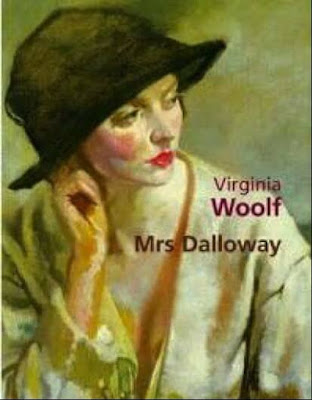Pride and Prejudice Character List

Elizabeth Bennet The novel’s protagonist. The second daughter of Mr. Bennet, Elizabeth is the most intelligent and sensible of the five Bennet sisters. She is well read and quick-witted, with a tongue that occasionally proves too sharp for her own good. Her realization of Darcy’s essential goodness eventually triumphs over her initial prejudice against him. Fitzwilliam Darcy A wealthy gentleman, the master of Pemberley, and the nephew of Lady Catherine de Bourgh. Though Darcy is intelligent and honest, his excess of pride causes him to look down on his social inferiors. Over the course of the novel, he tempers his class-consciousness and learns to admire and love Elizabeth for her strong character. Jane Bennet The eldest and most beautiful Bennet sister. Jane is more reserved and gentler than Elizabeth. The easy pleasantness with which she and Bingley interact contrasts starkly with the mutual distaste that marks the encounters between Elizabeth and Darcy. ...


